Attic Squirrels: Signs, Dangers, and What Removal Looks Like
Squirrels in the attic aren’t just a seasonal annoyance. They’re one of the most common—and potentially destructive—types of wildlife intrusions that affect residential homes across Michigan. Whether it’s the gnawing of wires, the smell of droppings, or the telltale signs of shredded insulation, squirrels can cause serious problems if left unchecked.
This guide walks through how to recognize the signs of a squirrel infestation, why it’s a bigger issue than many homeowners realize, what proper removal involves, and what to look for in a reputable wildlife control provider.
Recognizing the Signs of Squirrel Infestation
Squirrels are active during the day, which makes it more likely for homeowners to notice early signs—if they know what to listen or look for. Most infestations begin subtly, especially in fall or early spring, when squirrels seek warm, dry shelter to nest or raise young. Be on the lookout for:
Daytime noises — Scurrying, scratching, or gnawing sounds in the ceiling or attic during daylight hours, especially morning and evening.
- Chewed materials — Bite marks on wood, insulation pulled apart for nesting, or shredded boxes or ductwork.
- Entry point evidence — Visible gaps or damage along the roofline, soffits, attic vents, or near chimneys and fascia.
- Droppings and odor — Accumulated waste in the attic, often accompanied by strong smells in warmer weather.
- Insulation damage — Areas of flattened or soiled insulation where nests or paths have formed.
Catching these signs early makes the removal process more straightforward and minimizes long-term damage.
The Real Dangers Squirrels Pose in Attics
Beyond the noise and inconvenience, squirrels bring significant risks to your home and health. They’re chewers by nature, and their nesting instincts can impact everything from insulation to electrical systems. If squirrels are left in place too long, homeowners may face:
- Fire hazards — Chewed electrical wiring is one of the leading risks, creating the potential for shorts or attic fires.
- Heat loss and higher bills — Damaged insulation can lead to significant heat loss in winter and cooling loss in summer.
- Roof and structural issues — Persistent entry through vents, soffits, and flashing can lead to water leaks and wood rot.
- Air quality and contamination — Squirrel urine and droppings can create odor issues and spread bacteria or parasites.
- Secondary damage — The longer squirrels stay, the more complex and expensive repairs become—especially if water or mold gets in.
Many homeowners don’t realize how fast damage adds up until it's time for repairs—prevention and prompt action are critical.
What a Proper Squirrel Removal Looks Like
Not all wildlife services are created equal. A proper squirrel removal follows a clear and proven process designed to both eliminate the problem and make sure it doesn’t return. Here’s what that typically looks like:
- Thorough Inspection: A licensed technician examines your roof, attic, and surrounding structures to locate entry points, nesting areas, and signs of chewing or contamination.
- Safe, Humane Removal: If squirrels are inside, one-way exclusion devices are installed so animals can leave but not re-enter. In some cases, humane trapping is used—especially if baby squirrels are involved.
- Durable Sealing and Repairs: All access points are sealed using chew-resistant materials like steel mesh or flashing. Any damaged vents or soffits are reinforced to prevent future entry.
- Clean-Up and Decontamination: Nesting materials and droppings are removed, insulation is assessed and replaced if needed, and affected areas are deodorized and sanitized.
- Follow-Up and Prevention: Final steps include trimming overhanging branches, advising on bird feeder placement, and scheduling periodic inspections to prevent re-entry.
Every step matters. Skipping repairs or cleanup often leads to repeat problems—and higher costs down the road.
What to Look for in a Wildlife Removal Provider
Before choosing a service, it’s worth doing your homework. Not all providers are licensed, and many do not carry proper insurance—particularly worker’s compensation, which is critical if technicians are working on ladders or rooflines.
Here are some key things to ask before booking a service:
- Are you fully licensed and insured, including worker’s compensation?
- Do you offer a written estimate and scope of work?
- Do your services include repair and sealing, not just trapping?
- What cleanup and sanitization steps are included?
- Do you use humane methods for removal?
- What guarantees or follow-up support is offered?
Don’t settle for a “trap and go” service. Long-term protection requires durable exclusion work and follow-through.
Why Homeowners Trust Ancon Wildlife Services
Ancon Wildlife Services has over 22 years of hands-on experience with squirrel control and attic intrusions. Our licensed technicians go beyond just setting traps—we identify every access point, remove animals humanely, and restore attic safety with proper sealing and cleanup. We’re fully insured, including comprehensive liability and worker’s compensation, and every service comes with a clear, written plan.
Homeowners trust Ancon because we focus on:
- Long-term exclusion methods—not short-term trapping
- Detailed inspections and honest assessments
- Durable repairs to rooflines, soffits, vents, and fascia
- Transparent estimates and licensed, uniformed professionals
If you're hearing strange noises or suspect squirrels in your attic, don’t wait. Reach out to schedule a professional inspection and take the first step toward restoring your home’s safety and comfort.
‹ Back


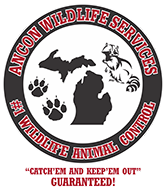


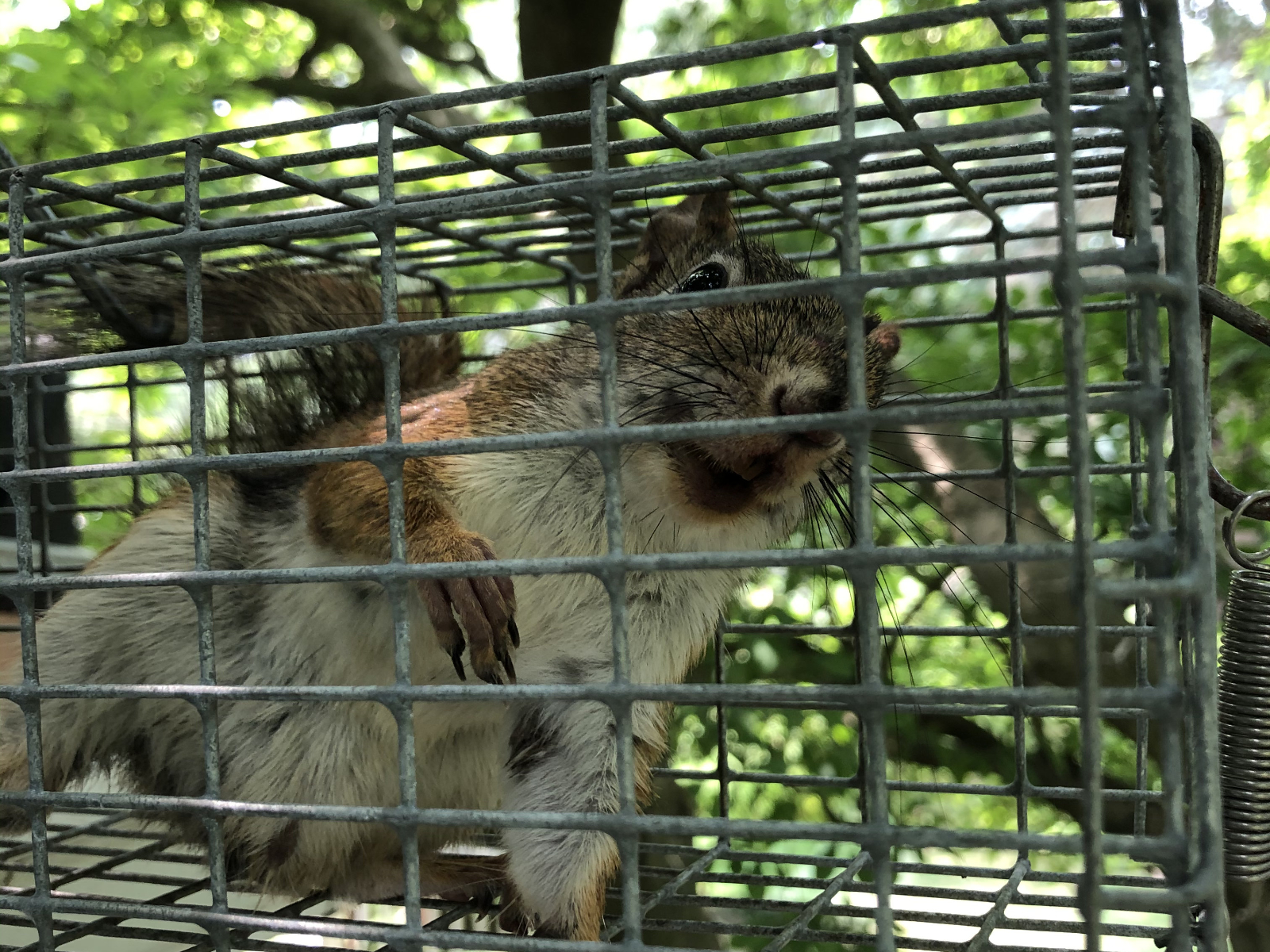
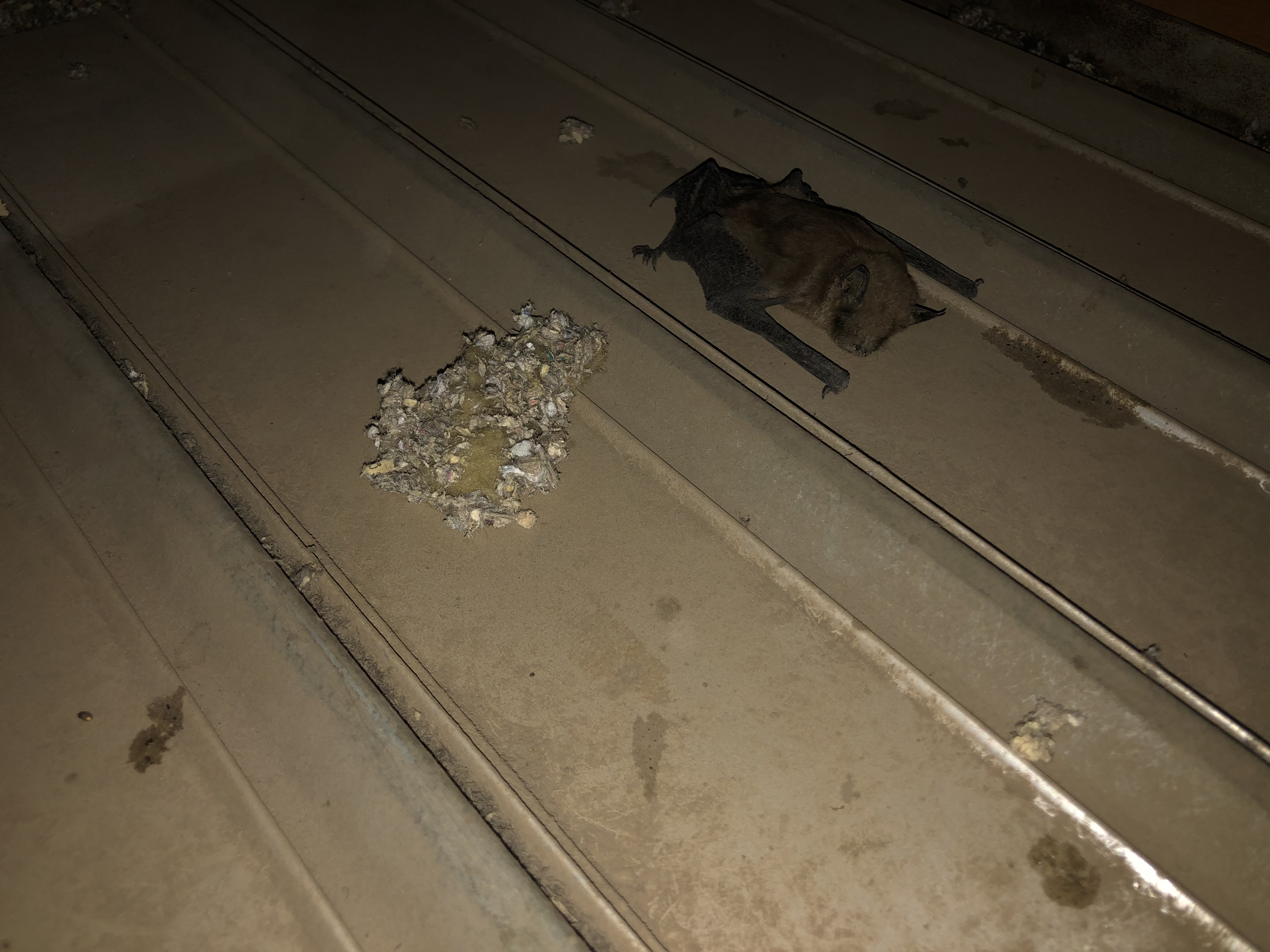
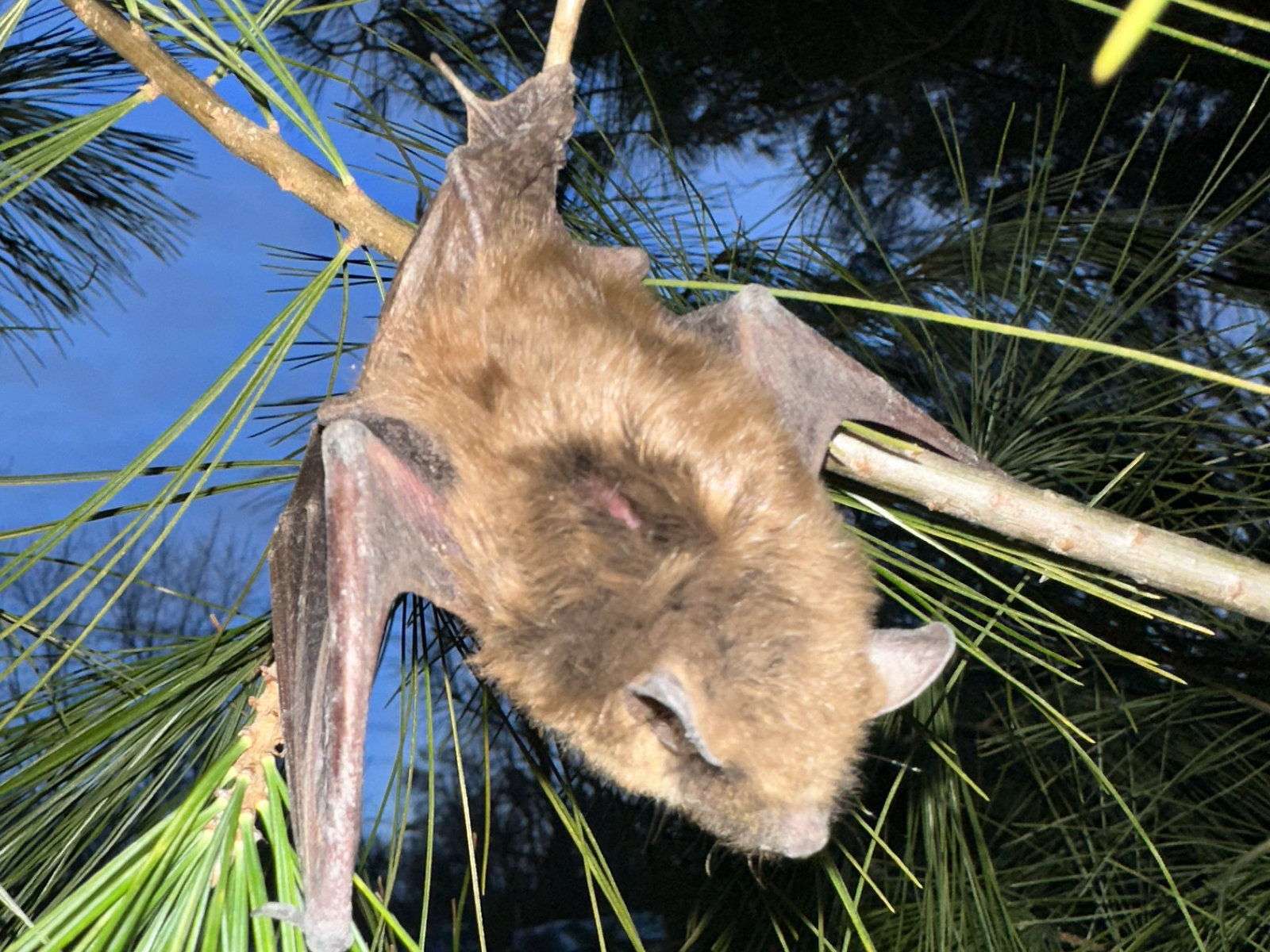
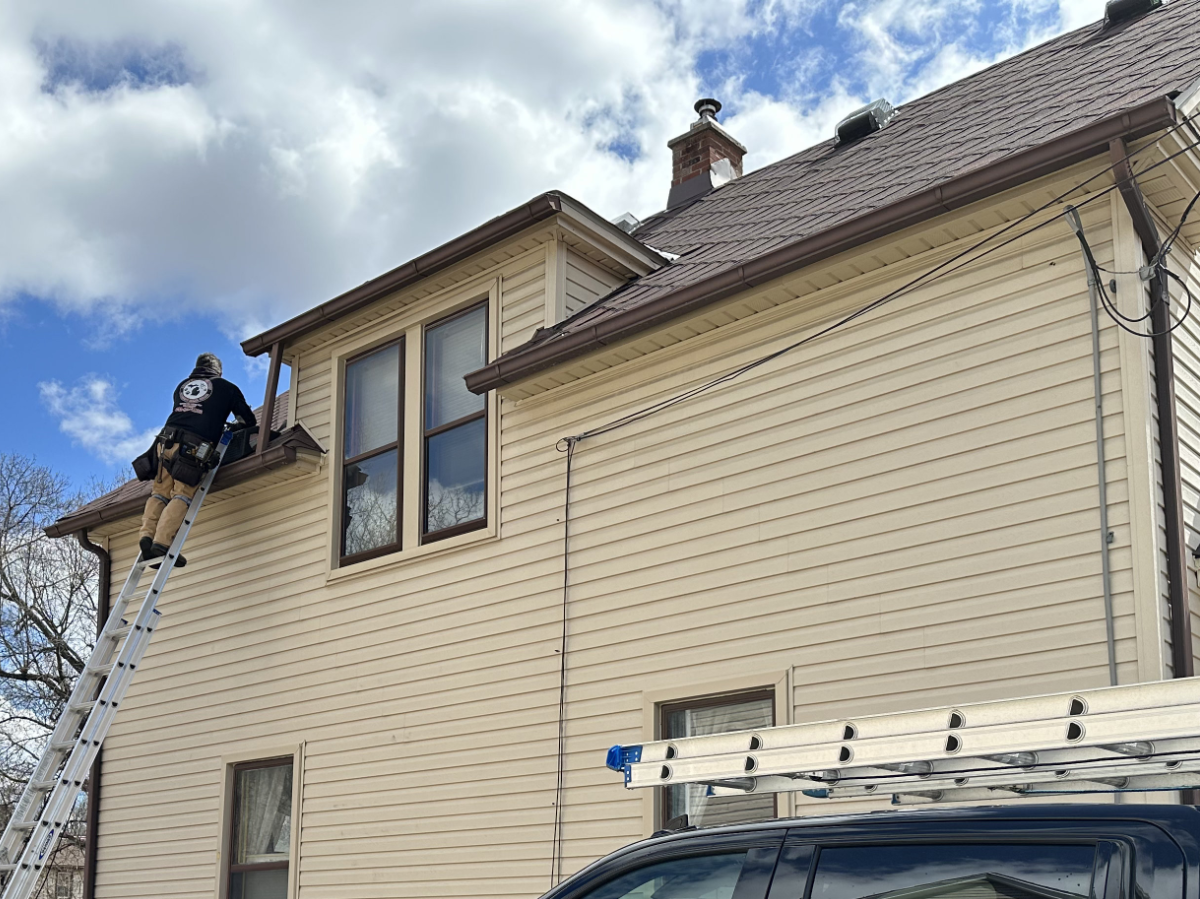
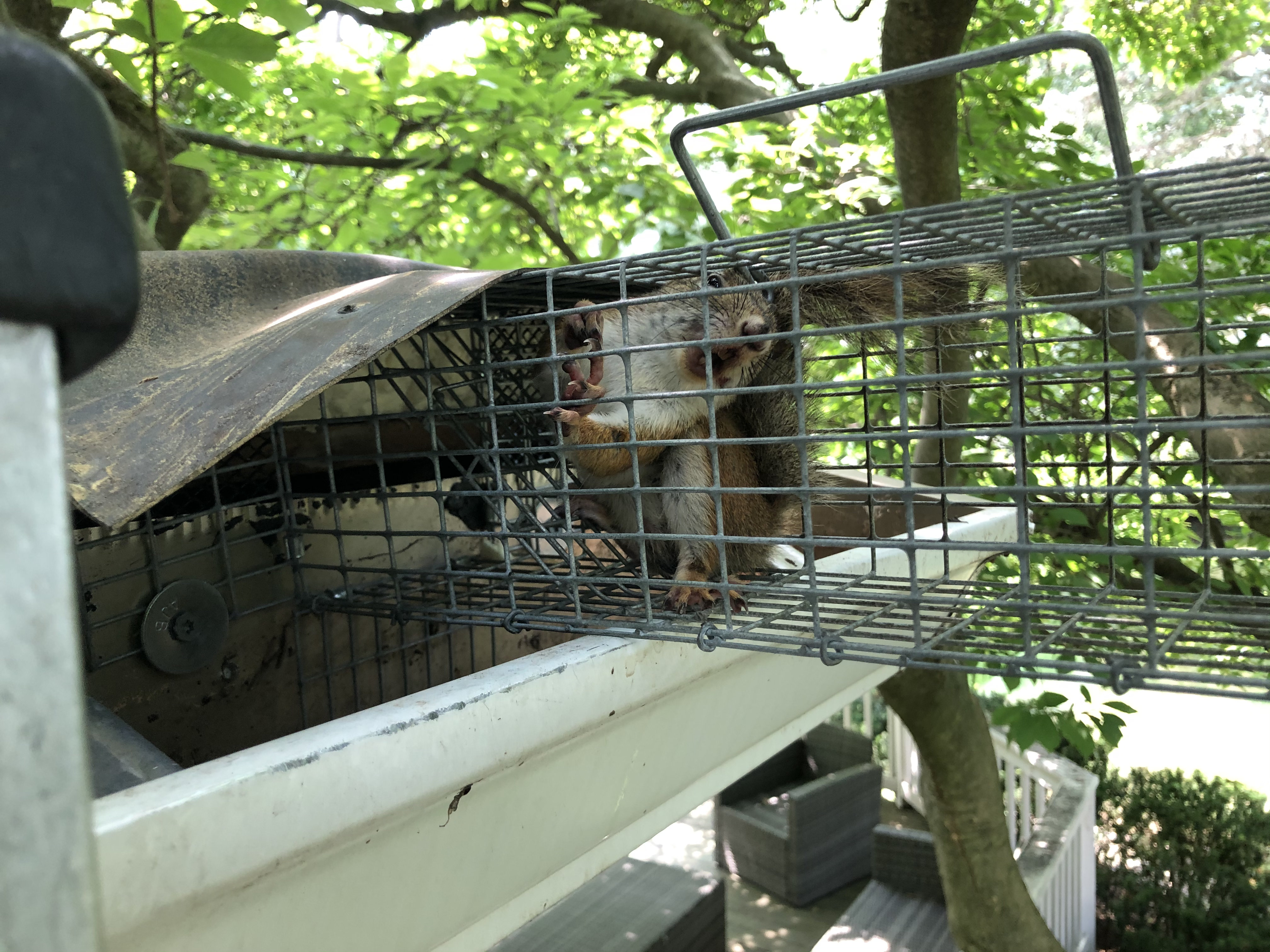
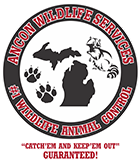
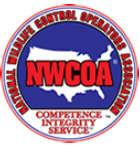

.png) Twitter
Twitter